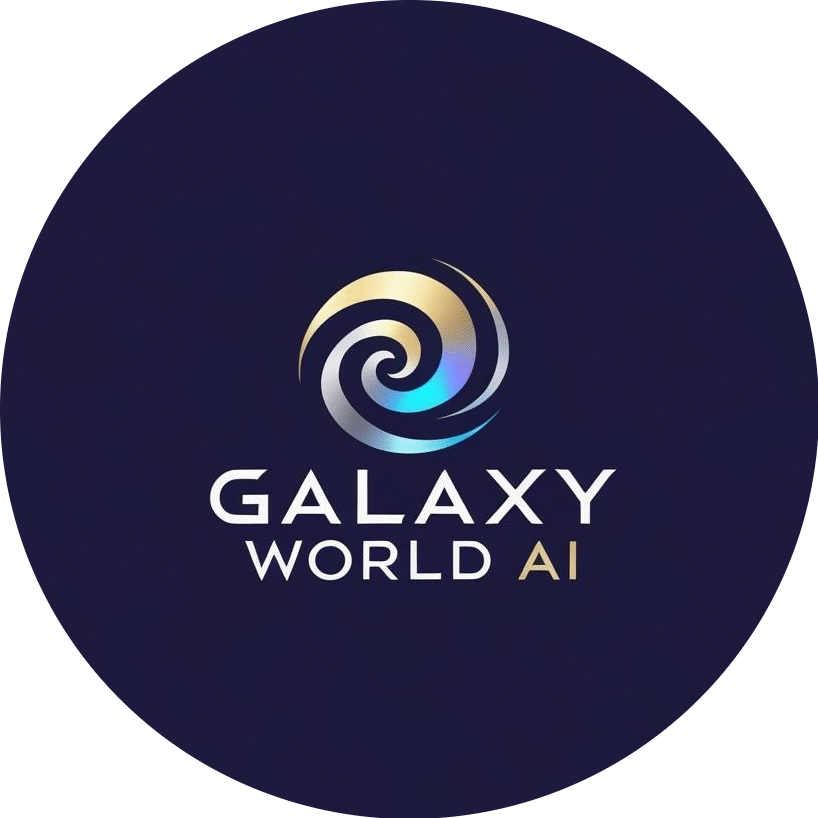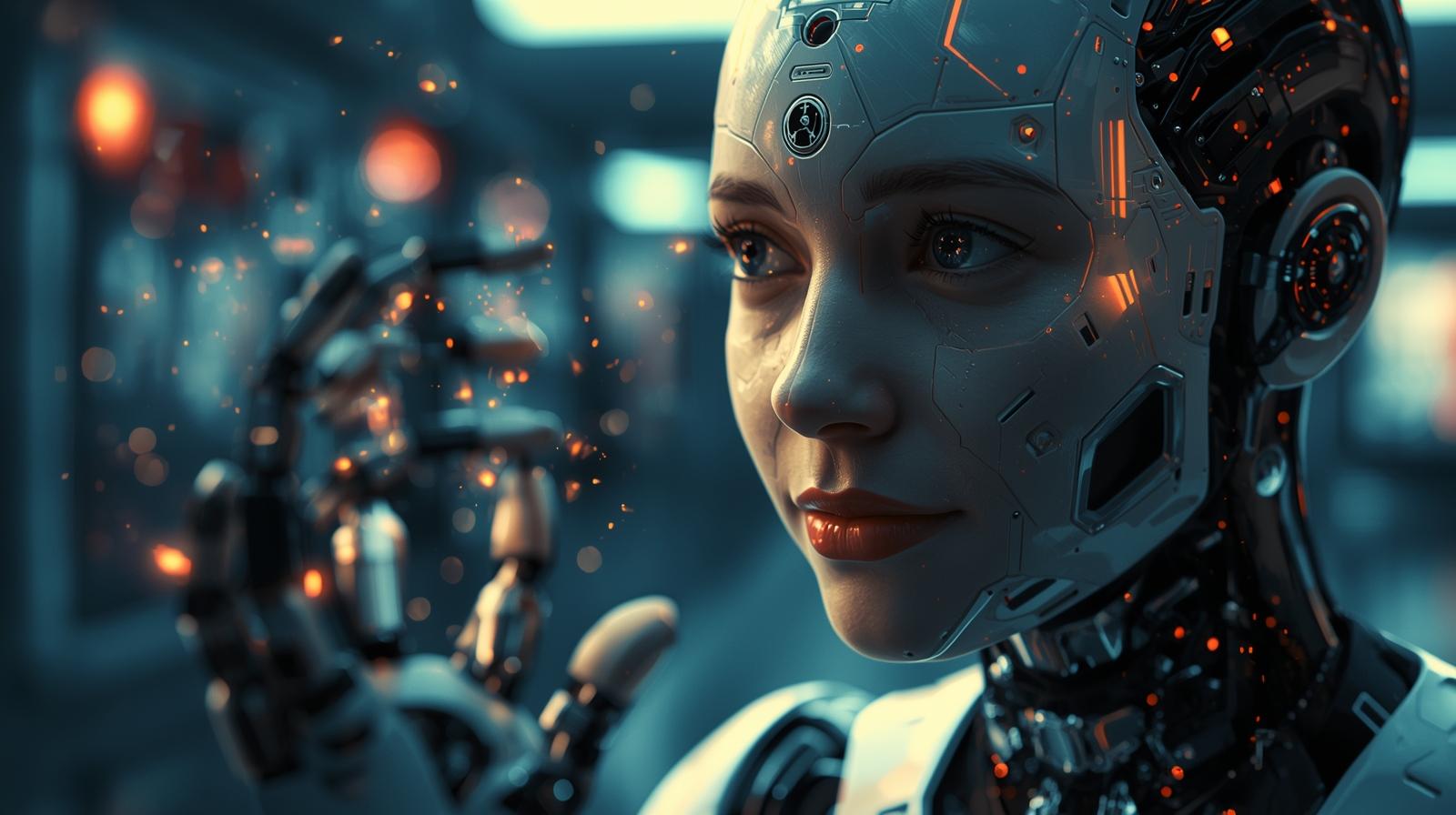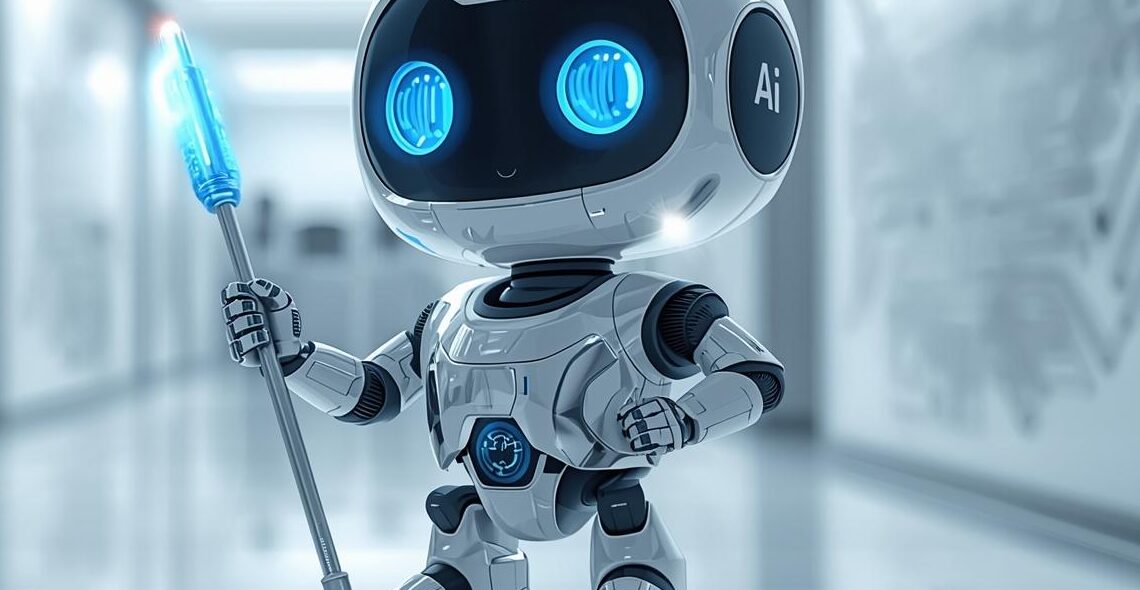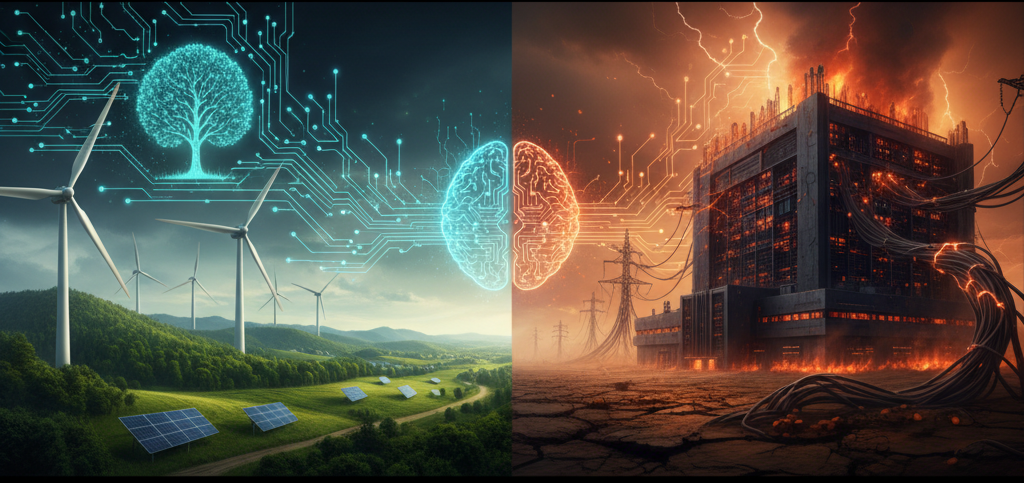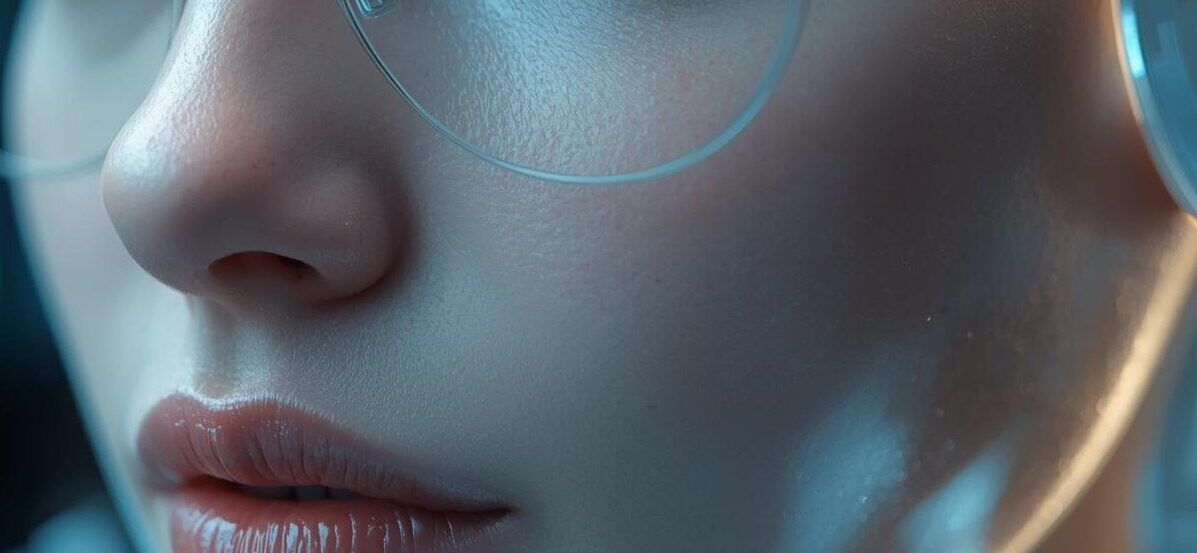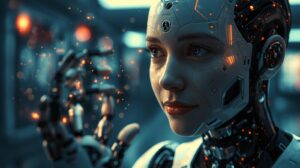
Introduction: A Future Already Knocking at Our Door
Imagine this: you wake up in the morning, and before you even reach for your coffee, it’s already brewed — perfectly adjusted to your schedule, mood, and even your current health condition. Your AI assistant has analyzed your sleep patterns, your calendar, and even your glucose levels, and decided whether you need a strong espresso or a light herbal tea. Sounds like a sci-fi dream? Well, welcome to 2025, where Artificial Intelligence has already started making these possibilities real.
Artificial Intelligence isn’t just about chatbots or smart speakers anymore. This year, we are witnessing a leap into an era where AI is multimodal, hyper-personalized, autonomous, and deeply integrated with both machines and human lives. Let’s explore the most exciting advancements shaping our world right now.
1. Multimodal AI: One Brain, Many Senses
For years, AI models were limited to handling one type of input at a time—text, image, or audio. But in 2025, Multimodal AI is transforming how machines understand the world. These systems can process and combine text, images, videos, and even audio all at once.
Imagine asking your AI: “What’s wrong with my car?” and simply showing it a short video of the engine making a weird sound. Within seconds, it analyzes the video, listens to the noise, compares it with millions of past cases, and gives you a possible diagnosis with step-by-step solutions.

2. AI in Healthcare: Your Personal Health Guardian
Health has always been the biggest concern for humanity, and AI is now becoming a game-changer in this space. In 2025, AI-driven healthcare is no longer limited to just detecting diseases from X-rays or MRI scans. We’re now talking about personalized medicine, AI-generated drug discovery, and early disease prediction.
For example, wearable devices powered with AI can now track your heartbeat, oxygen levels, stress signals, and even tiny chemical changes in your sweat. Based on this, your AI can warn you about potential health issues before they become serious. Imagine being alerted about the risk of diabetes years before any visible symptom appears, giving you enough time to adjust your lifestyle.
Pharmaceutical companies are also using AI to design medicines tailored to individual genetic profiles. This means treatments could soon become as personalized as your Netflix recommendations—only far more life-changing. 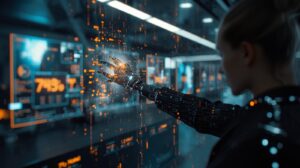
3. Autonomous AI Agents: The Era of Self-Running Assistants
If 2024 was the year of smart chatbots, 2025 belongs to Autonomous AI Agents—intelligent systems that don’t just answer questions but can think, plan, and act independently.
Picture this: you want to go on a vacation. Instead of spending hours comparing flights, hotels, and activities, you simply tell your AI agent, “Plan me a budget-friendly trip to Italy in September.” Within minutes, it has researched flight options, compared hotel reviews, created a day-by-day itinerary, booked tickets, and even ensured your visa requirements are handled.
These agents are also making a big impact in businesses. Companies are using them to conduct full market research, analyze competitors, and even draft entire marketing strategies. The role of human employees? To guide, supervise, and make final decisions—while AI handles the heavy lifting.
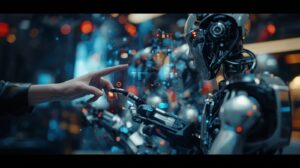
4. AI and Robotics Integration: Smarter Machines in Everyday Life
Robots are no longer limited to factories or sci-fi movies. In 2025, AI-powered robots are stepping into homes, hospitals, and public spaces. The combination of robotics and AI is giving birth to machines that can not only move but also understand, learn, and adapt.
Think about elder care. In countries with aging populations, robots equipped with AI can now assist seniors with daily activities—reminding them to take their medicine, helping them walk, or even just providing companionship through conversation.
In manufacturing, collaborative robots (cobots) are working side by side with humans, handling repetitive tasks while workers focus on creativity and decision-making. In restaurants, robot chefs are learning recipes from videos and cooking meals with precision.

5. Ethical AI and Regulations: Keeping the Future Safe
With great power comes great responsibility. As AI gets more powerful, the question isn’t just what can AI do? but also what should AI do?
In 2025, governments and organizations worldwide are focusing on ethical AI—ensuring it is fair, unbiased, transparent, and safe. Strict regulations are being introduced to make sure AI doesn’t misuse personal data, spread misinformation, or reinforce discrimination.
For example, new laws in Europe require companies to disclose when a customer is interacting with an AI system instead of a human. Similarly, healthcare AIs must pass rigorous approval tests before being deployed.
This is reassuring because while AI is growing smarter, society is also growing wiser about handling its risks. The goal is not to slow innovation but to ensure it benefits everyone equally.
